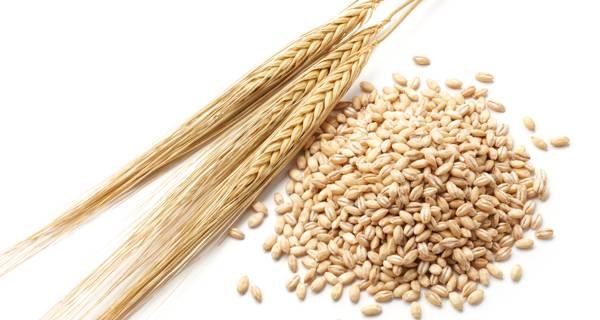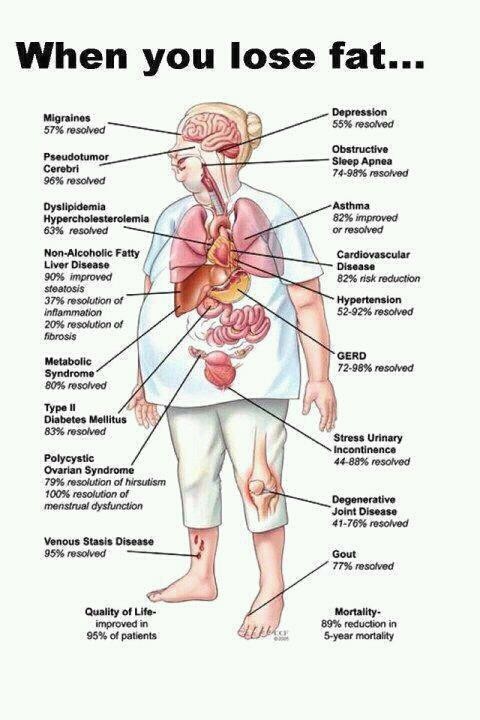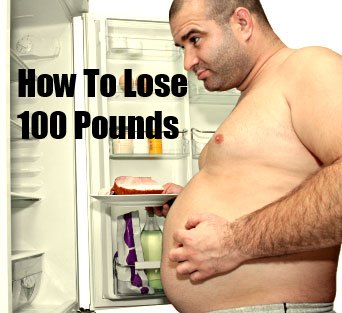Here's how to get going:
1. Pick up a pen.
Before you call a trainer or tweak your diet, sit down and write yourself a "why letter" explaining your reasons for wanting to lose weight. "This is something I have all my clients do," Steinke says. "If they tell me their 'why' is to fit into a small pair of jeans or dress for a vacation, I ask them to dig deeper." When it comes to dropping 100 or more pounds, Steinke says the "why" has to reach beyond superficial concerns about your appearance. "It has to be about how you want to feel, not how you want to look," she says. From your self-confidence and energy levels to your risk of disease and depression, losing weight can improve your life in countless ways. When you expand your focus beyond looks, you'll have more handholds to grab onto when you feel your motivation slipping.
2. Skip what you'd normally sip.
When it comes to losing weight, most researchers agree diet changes are more effective than exercise—though both are necessary. In terms of the bad stuff you swallow, refined sugars top the list, says Louise Green, a plus-size athlete, personal trainer, and life coach. These sweet, simple carbs turn up in everything from salad dressing to peanut butter, Green says. But for many overweight Americans, ditching sugary beverages is the best way to cut back on refined carbs. A study from Johns Hopkins University concludes what you drink—not what you eat—plays the biggest role in determining your weight loss success or failure. Cut back on soda, flavored coffees, and other sugar-sweetened beverages, and you'll be well on your way to hitting your weight loss goals. Another good rule of thumb: Avoid eating anything that lists sugar—or corn syrup, or agave nectar, or other sweet stuff—among its top five ingredients, Green says. (Here are 8 more reasons to ditch diet soda.)
3. Focus on quality, not quantity.
 Photograph by Shawna Lemay/Getty Images
Photograph by Shawna Lemay/Getty Images
More and more research shows counting calories is not only next to impossible, but it's probably not even helpful. A better idea: Forget about your food's calorie content, and focus on its quality. In his new book, Always Hungry, Harvard Medical School's David Ludwig, MD, says that losing weight is all about encouraging your body to stop storing fat. Cutting calories won't achieve that, he says. Instead, he and other experts say, whole, natural, unprocessed foods slow digestion and increase fullness in ways that turn off your body's fat-storing mechanisms—no calculators required. "Skip the bags, boxes, and cans, and instead go with foods that are fresh and unaltered," Steinke adds. Do that, and your body will naturally shed fat.
4. When it comes to exercise, start slow—and early.
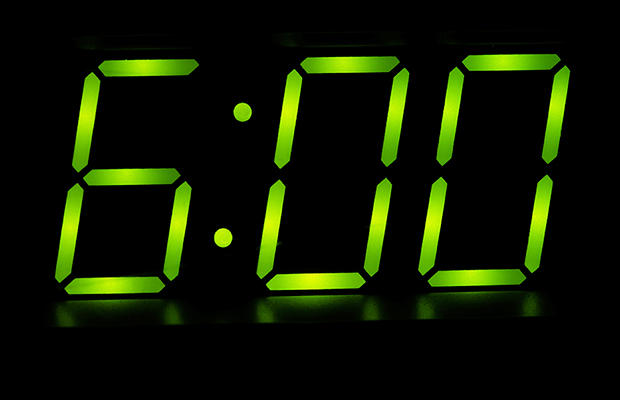 Photograph by JoeLena/Getty Images
Photograph by JoeLena/Getty Images
Too many people approach exercise as "all or nothing," Green says. But research shows it takes time to lock in a new habit—roughly 66 days, according to a UK study. If you go from no exercise to a 5-day-a-week plan, you're inviting failure. Instead, Green recommends beginning with very light exercise (like walking) just 1 or 2 days a week. Give yourself a month or two to get used to that level of physical activity, and you'll have a foundation of success on which to build further improvement, she says. Also, try to schedule your light workouts for the morning hours, advises Dyan Tsismis, a New York–based trainer who once lost more than 70 pounds. "Your willpower falls throughout the day, so the earlier you schedule exercise, the more likely you'll be to follow through," she explains.
5. Swim yourself thin.
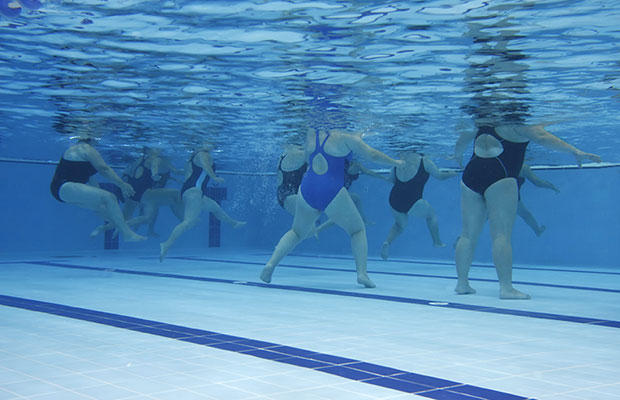 Photograph by Ana Abrao/Getty Images
Photograph by Ana Abrao/Getty Images
Of all the training methods out there, swimming is the gentlest and most comfortable for those carrying around a lot of excess body weight, Steinke says. "The water provides resistance to help develop new muscle strength, all while placing minimal pressure on your joints," she says. Apart from engaging your muscles, "swimming also helps to train the heart and lungs, and increases overall cardiovascular strength," she says.
6. Exercise aside, just move more.
Some new research—including one recent UK study of more than 12,000 women—found fidgeting can offset the risks of long bouts of sitting or sedentary behavior. The real takeaway form this research: Any movement—even tapping your feet or getting up and sitting back down—can add up to weight loss and health benefits. If traditional exercise seems too daunting, simply moving your body more often can help you drop pounds.
